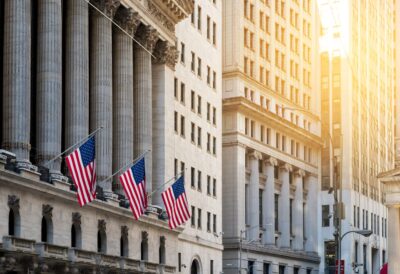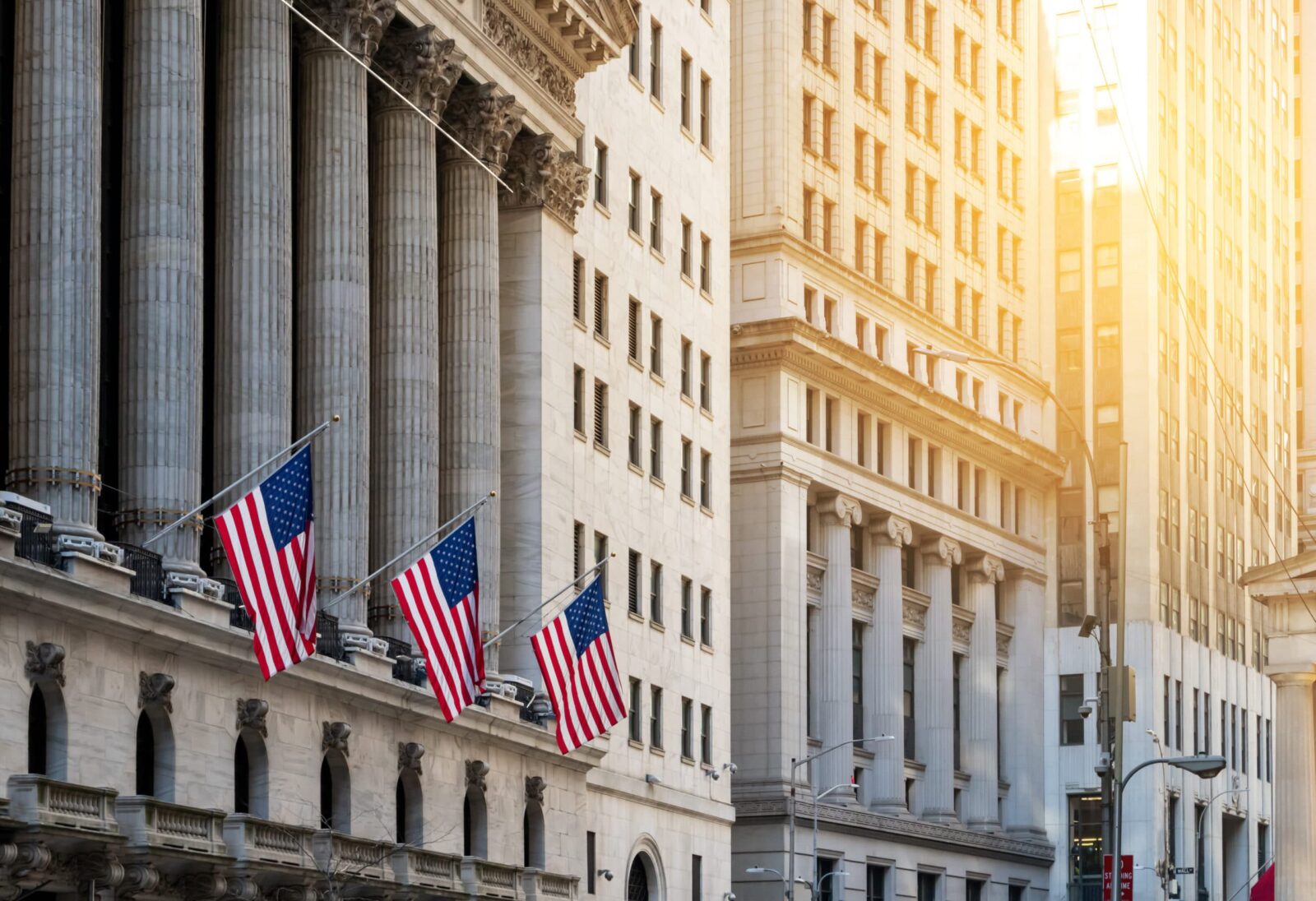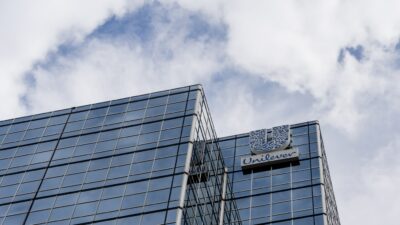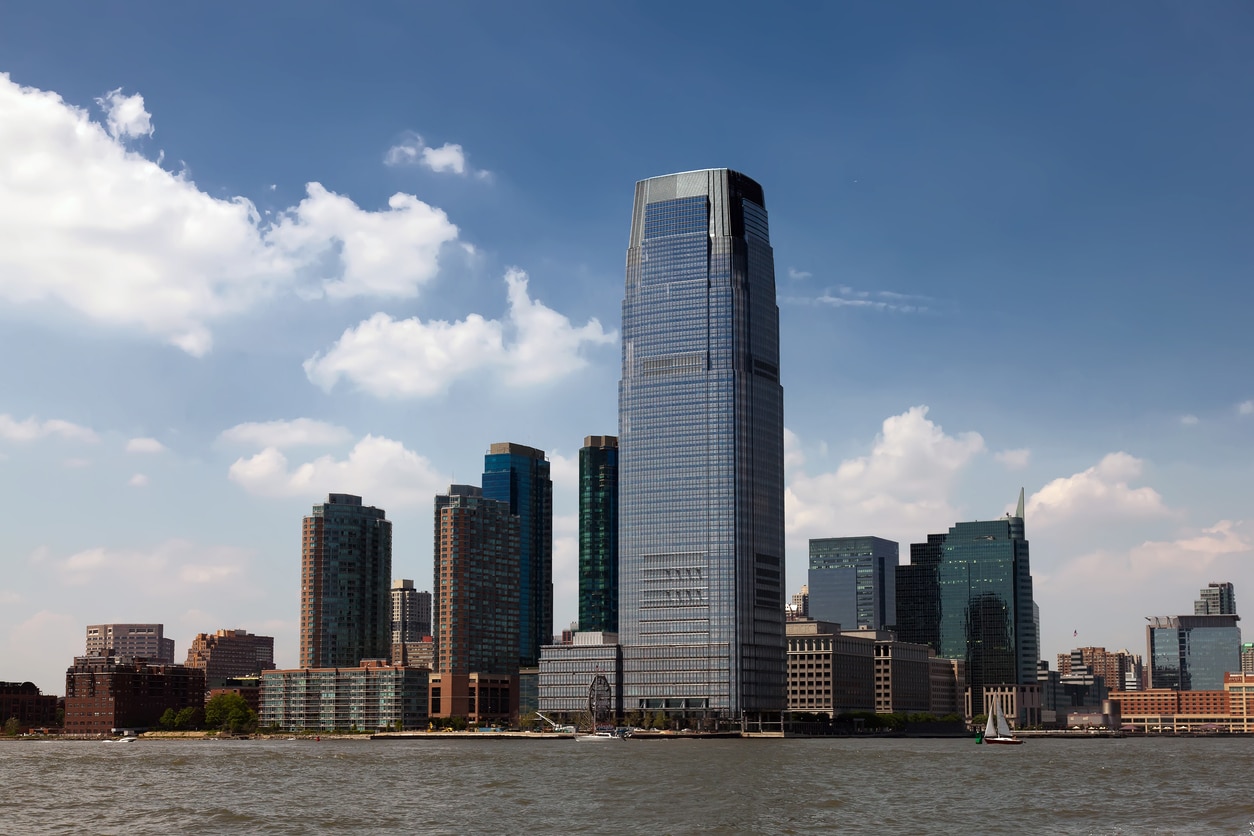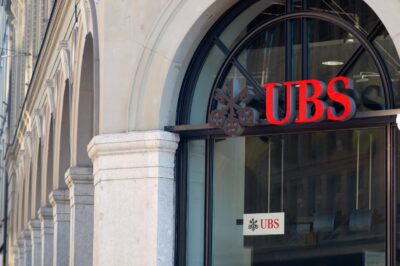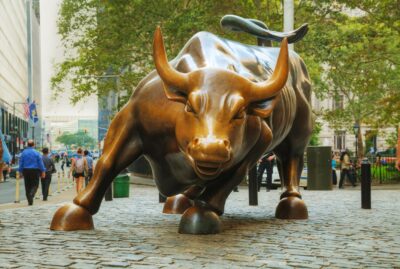Finance
Get More Than News. Get Insights.
Our daily email brings you smart and engaging news and analysis on the biggest stories in business and finance. For free.
-
A Week of Selloffs Came to a Halt, But Many Are Making Bearish Plans

Image Credit: Adobe.com
-
Goldman Sachs’ Profits are Weighed Down by Big Bonuses and Subpar Trading

Image Credit: iStock, vOv
-
Planet Fitness is Buying Its Biggest Franchisee for $800 Million

Photo Credit: Adobe.com.
